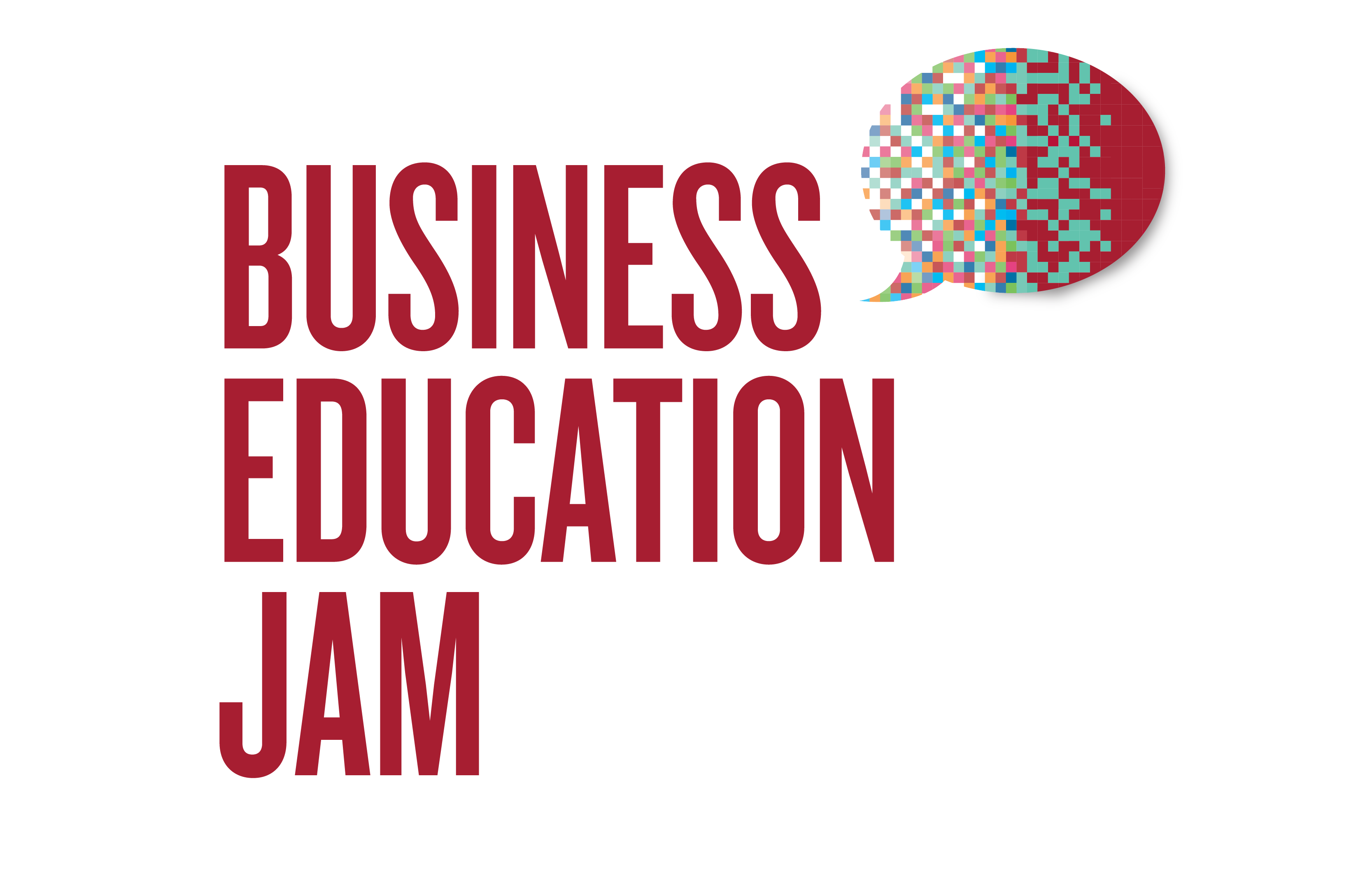Europe Jam: December 2018
Europe Jam: December 2018 was the seventh in a series of regionally focused dialogues on business education.
A summary of findings included:
1) Shortcomings of too strong a curriculum focus on more specific, technical aspects of business and the increasingly important and urgent need to broaden students’ outlook in terms of flexibility, agility, creativity and globalisation in today’s rapidly changing/ evolving environment. While good grades were important employers were also looking for well balanced, mature students who could adapt well to changing roles and contexts and were willing to learn quickly on the job. Knowledge decays rapidly and new employees must be willing to take further short courses to upgrade their skills on a regular basis. This theme of ongoing lifelong learning recurred as the jam evolved.
2) Value and purpose of the business school and the need for business school models to reflect the complexity of the environment. Political and technological change is influencing the nature of work and modifying underlying models of capitalism so that they more adequately reflect issues of growing inequality and, thus, promote more inclusive economic and societal growth globally.
3) Legitimacy of management education and on the philosophy of liberal management education that had its genesis in European schools of commerce. Focus on issues of European identity in business schools, common political models of democratic social forms of capitalism in Europe and the importance of the Bologna process in increasing internationalization and student mobility globally. Focus increasing attention on undergraduate curricula and philosophies and re-read the important Colby, Carnegie Foundation report on undergraduate management education in analysing how to improve European business school models.
4) The need to improve business schools in managing in complex and fast paced, changing environments. Focus on issues of adaptive, lifelong learning particularly in improving issues of access and equality to high quality management education. Management education models themselves need both to improve skills of analysis and synthesis but more importantly improve and promote social justice, fairness and equality in availability and access to management education. In a rapidly changing and confusing world students must be taught to be more responsible and ethical.
5) New generations of students expect to be taught not only the theoretical background and tools to business and management but deeply root their new found knowledge in real-life cases and to be able to transfer their newly acquired skills to current and future societal challenges. The prominent wish of business and management students to use their capacities to “do good” rather than “earn well” is in line with many value studies of recent years, showing that younger generations are often looking for jobs that maybe pay a bit less but are considered to have positive impact on the environment or society. From today’s perspective it cannot be foreseen if the new positioning of values like responsibility is a hype or a trend. It will be interesting though to monitor the impact these students and alumni will have on larger management decisions once they have established themselves in the job market, and as a generation shape the way in which companies and businesses make and market their decisions and products.
6) Current call of the European Union to form European Universities, based on Emanuel Macrons speech at the Sorbonne, as possible way of further developing a joint European story of scientific and cultural exchange and mutual understanding. Especially in the light of populist and separatist movements such as Brexit, these ideas could help for future decision makers in Europe to overcome nationalist tendencies. It was however agreed, that the problem of these political decisions and the success of populist movements is rooted much deeper and the solution will not start at universities but in kindergarten. Still, it is the universities responsibility no to wait until the primary school system will change but actually get active themselves and open up towards society, make higher education findings and knowledge accessible to all ages and stages of society. Both through physically lowering barriers to knowledge and research as well as finding ways in which scientific language and complex concepts can be broken down and translated into easily understandable words and applications.

